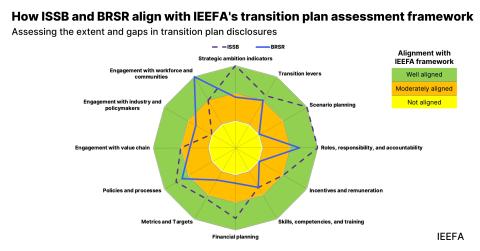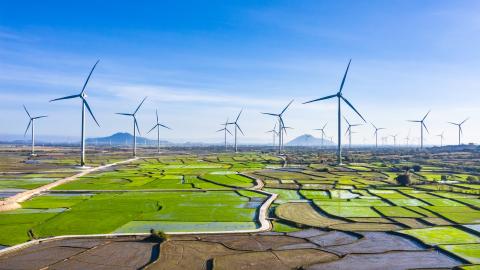Bombing Saudi oilfields: The risk to collective action on climate change from state-owned oil interests
Download Full Report
View Press Release
Key Findings
An oil price increase in the wake of the bombings was predictable. Its size, duration and implications, however, underscored a fundamental market reality: Oil markets are oversupplied.
The current long-term low-price environment will be fraught with ongoing regional conflicts as smaller and smaller amounts of market share will lead to greater offense being taken over slighter provocations. Iran’s message is clear: if it cannot secure the benefits of a stable part of the global oil and gas trade, then it will disrupt it.
The challenges to forging a constructive environment for climate solutions with producer nations have been laid bare by the events of the last week. Oil is and will continue to be their economic life blood.
Executive Summary
There is a certain bloodless attitude that is required to stay current with the thrust and parry of events in the world that oil and gas producers have wrought.
This week, the events leading up to and now trailing away from the attack on Saudi Arabia’s oilfields have implications not only for a reported 5 percent of the world’s oil supply, but also the direction of climate change policy.
The upshot for the climate: the control of large segments of the world’s oil supply by cash-strapped, politically fragile and increasingly desperate regimes represents a risk to collective action on climate change that is distinctly different from that posed by large, private oil and gas interests beholden to shareholders.
There are three immediate takeaways from last week’s events and the market reaction:
- Current markets are oversupplied and likely to remain so for the foreseeable future. This depresses revenues and heightens pressure within governments and oil companies.
- For now, the flow of oil and cash to governments is more important to political leaders than the flow of blood that often punctuates conflicts over energy.
- Oil producers will not combat climate change. The events showcased the heightened need for collective action. But any consensus among oil producers to participate meaningfully in climate action is weak, at best.
Please view full report PDF for references and sources.
Press release: IEEFA update: Aftermath of Saudi oilfield bombings sound warnings for future volatility















